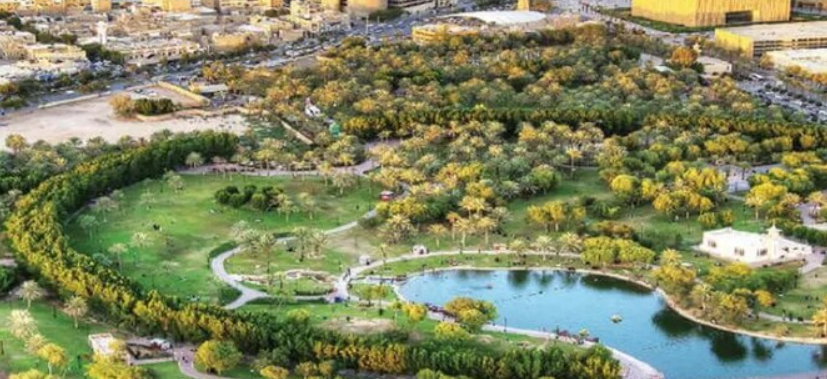
14 Dec 2024
RIYADH: The Saudi Green Building Forum SGBF has been granted permanent observer status by the United Nations Convention to Combat Desertification.
This recognition underscores the Forum’s substantial contributions to advancing sustainable building practices and the Kingdom’s leadership in global environmental efforts.
The decision follows the forum’s prior pending status, which was resolved with the announcement of the final decision at COP16, held in Riyadh.
“This process takes months leading up to COP, during which the organization must demonstrate its engagement with clear justifications, specific goals, and evidence of its work within the community,” Faisal Al-Fadl, secretary-general of SGBF, told Arab News.
The SGBF’s involvement aligns with the provisions outlined in the UNCCD’s internal regulations, specifically concerning observer status, as defined in Article 22 and the COP rules, according to a press release.
SGBF was among the 473 organizations officially accredited during COP16, reflecting the international collaboration and commitment to combating desertification showcased at the conference.
This initiative is part of a broader strategy to integrate scientific and community-based approaches to environmental management.
Al-Fadl explained that under the UNCCD’s processes, rules, and regulations — agreed upon by its member states — any organization seeking observer status must participate in the COP.
The COP, hosted by the member state, is responsible for deciding whether to approve or deny the request for observer status.
“We set up a pavilion dedicated to the event, where each day highlighted a specific sustainable development goal. At SGBF, we actively promote SDGs as part of our consultative status with the United Nations,” Al-Fadl said.
He continued: “Green building is all about renewable energy, clean water, eco-friendly materials, and green infrastructure that supports the human experience. This concept is applied not just to buildings, but to neighborhoods and cities.”
Al-Fadl emphasized that SGBF’s work closely aligns with the SDGs, which encompass social, environmental, and economic sustainability. This is also in harmony with Saudi Vision 2030, which serves as the foundation for the Kingdom’s national SDGs.
“We capitalized on our accreditation, bringing more than 100 delegates and speakers, including high-level representatives, youth, and women. We are incredibly proud of this opportunity to engage on such a meaningful platform,” Al-Fadl said.
He added: “This has also provided an opportunity for many consultants, who might not have had the chance otherwise, to participate. Our accreditation is especially significant for the nonprofit and non-governmental sector, enabling us to engage with civil society, whether private entrepreneurs or young individuals.”
Al-Fadl further highlighted the chance to showcase the Forum’s partnerships with various entities, including government organizations. “For example, we signed agreements with the Ministry of Environment and nonprofit organizations, as well as achieving accreditation across Gulf states,” he noted.
The UNCCD also extended its accreditation to other organizations, including the Environment and Desertification Association and the Weather and Climate Association, after a thorough evaluation of their submitted documents.
Dedicated to combating land desertification, the UNCCD fosters partnerships between developed and developing nations, focusing on technology and knowledge-sharing for effective land management.
With 195 member states, the UNCCD aims to improve living conditions, enhance land productivity, and mitigate the impacts of drought while promoting public engagement in combating desertification and advancing sustainable development.